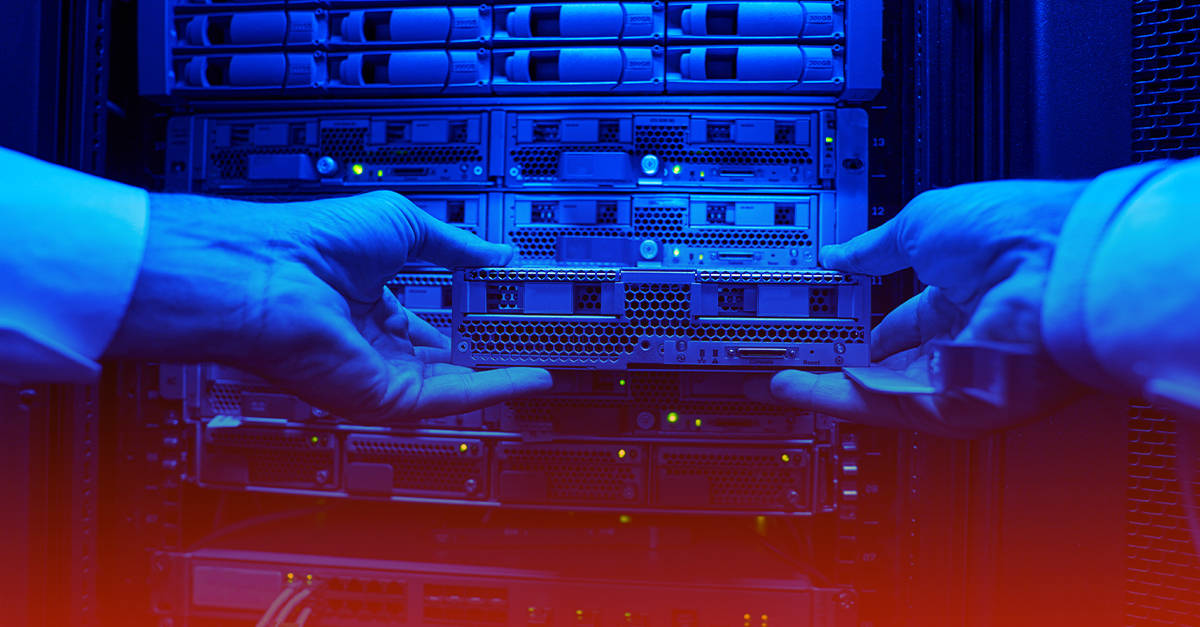
Anti-Virus Best Practices: 5 Tools to Protect You
Anti-virus versus anti-malware - what’s the difference? These two categories of protective tools are often misunderstood. It stems from confusion between viruses and malware. A virus is code that can damage your computer, system, and data by copying itself. Malware is used as a catch-all term for malicious software such as spyware, ransomware, trojans, adware, worms, and viruses. Malware is ever evolving whereas viruses have been around for a long…



